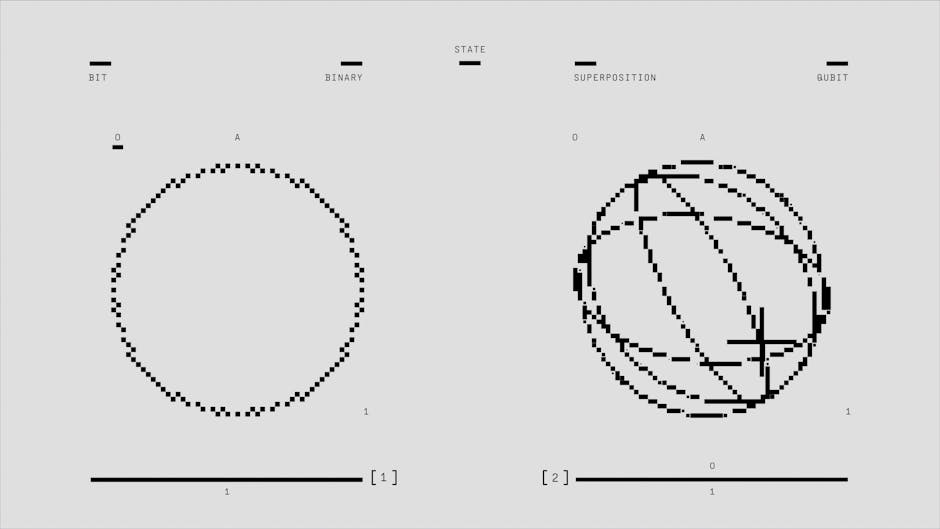Science, a relentless pursuit of understanding the universe, often presents itself as a collection of immutable truths. Yet, a closer examination reveals a more nuanced picture, one where theories, though highly successful, are always subject to revision and refinement. The question of whether all scientific theories are ultimately correct demands a critical analysis, recognizing the inherent nature of scientific knowledge and the limitations of our current understanding.
A pivotal concept in this discussion is the distinction between a scientific theory and a colloquial hypothesis. A scientific theory, unlike a casual conjecture, is a robust explanation supported by a substantial body of evidence. This evidence typically manifests as empirical data gathered through meticulous observation, experimentation, and rigorous testing. Crucially, such evidence never definitively proves a theory; instead, it provides strong support, rendering the theory increasingly probable. This probabilistic nature of scientific knowledge underscores the importance of ongoing scrutiny and the possibility of future modifications.
The history of science abounds with examples of theories that were once considered definitive but later underwent significant revisions. For instance, the geocentric model of the universe, once widely accepted, was ultimately superseded by the heliocentric model. Similarly, Newton’s laws of motion, although remarkably successful in describing the macroscopic world, were shown to be inadequate when dealing with extremely high speeds or extremely small scales, giving way to Einstein’s theories of relativity. These examples illustrate a critical point: scientific theories are not static truths; rather, they are approximations that become increasingly precise as new data emerge and methodologies advance.
A crucial aspect of scientific progress is the inherent fallibility of human observation and experimentation. The tools scientists use to gather data are not perfect. Errors in measurement, inherent biases, and incomplete knowledge can all lead to inaccurate interpretations of the natural world. Moreover, the complex interplay of factors in many natural systems can make isolating cause-and-effect relationships challenging. Thus, any theory, no matter how well-supported, remains contingent on the validity of the data upon which it is built.
Furthermore, our ability to formulate comprehensive theories is profoundly constrained by our current understanding of the fundamental laws governing the universe. Current scientific understanding may be incomplete or even incorrect, rendering some theories, though currently successful, ultimately flawed. The progress in quantum mechanics and cosmology, fields characterized by ongoing discoveries and refinements, exemplifies this limitation. These fields highlight areas where existing models are pushing the boundaries of our comprehension.
However, the fallibility of scientific theories does not equate to the absence of truth. A nuanced perspective recognizes that scientific theories can accurately describe and predict phenomena within specific contexts and with specified degrees of precision. Newtonian mechanics, for instance, continues to be an invaluable tool for engineers and scientists in situations where relativistic effects are negligible. Its limitations do not diminish its practical utility.
The very nature of scientific inquiry encourages the constant refinement of theories. The process isn’t about proving theories right but about improving them. When new data contradict existing theories or provide a more comprehensive explanation, scientific communities are obliged to re-evaluate those theories. This process of revision is not a sign of weakness but rather a hallmark of scientific rigor. It underscores the dynamic and evolving nature of scientific understanding.
Another important consideration is the impact of paradigm shifts on scientific thought. Paradigms, as conceptual frameworks defining what constitutes acceptable questions and methods within a scientific discipline, can significantly alter how scientists view the world. The shift from a Newtonian to a relativistic worldview, for example, dramatically reshaped our understanding of space, time, and gravity. These shifts, while sometimes disruptive, propel scientific progress by expanding the boundaries of our knowledge.
So, are all scientific theories ultimately correct? The answer is unequivocally no. Scientific theories are dynamic, probabilistic explanations grounded in empirical evidence, subject to potential revision and refinement as our understanding of the natural world grows. Their strength lies not in their absolute correctness but in their ability to describe and predict phenomena with increasing accuracy, offering tools for human advancement and problem-solving. The quest for ultimate correctness is a relentless journey, not a destination, continuously shaped by observation, experimentation, and the tireless pursuit of knowledge.
